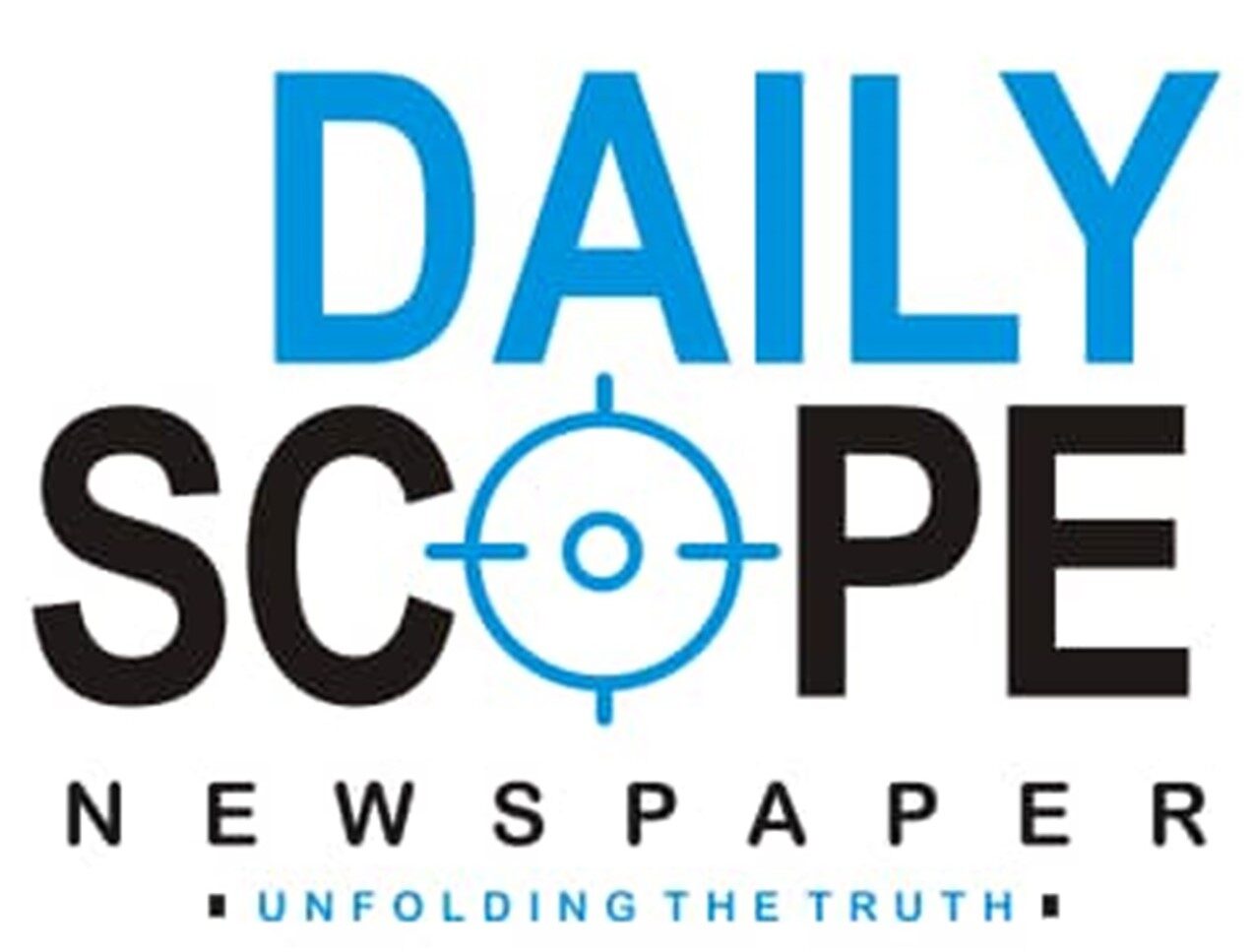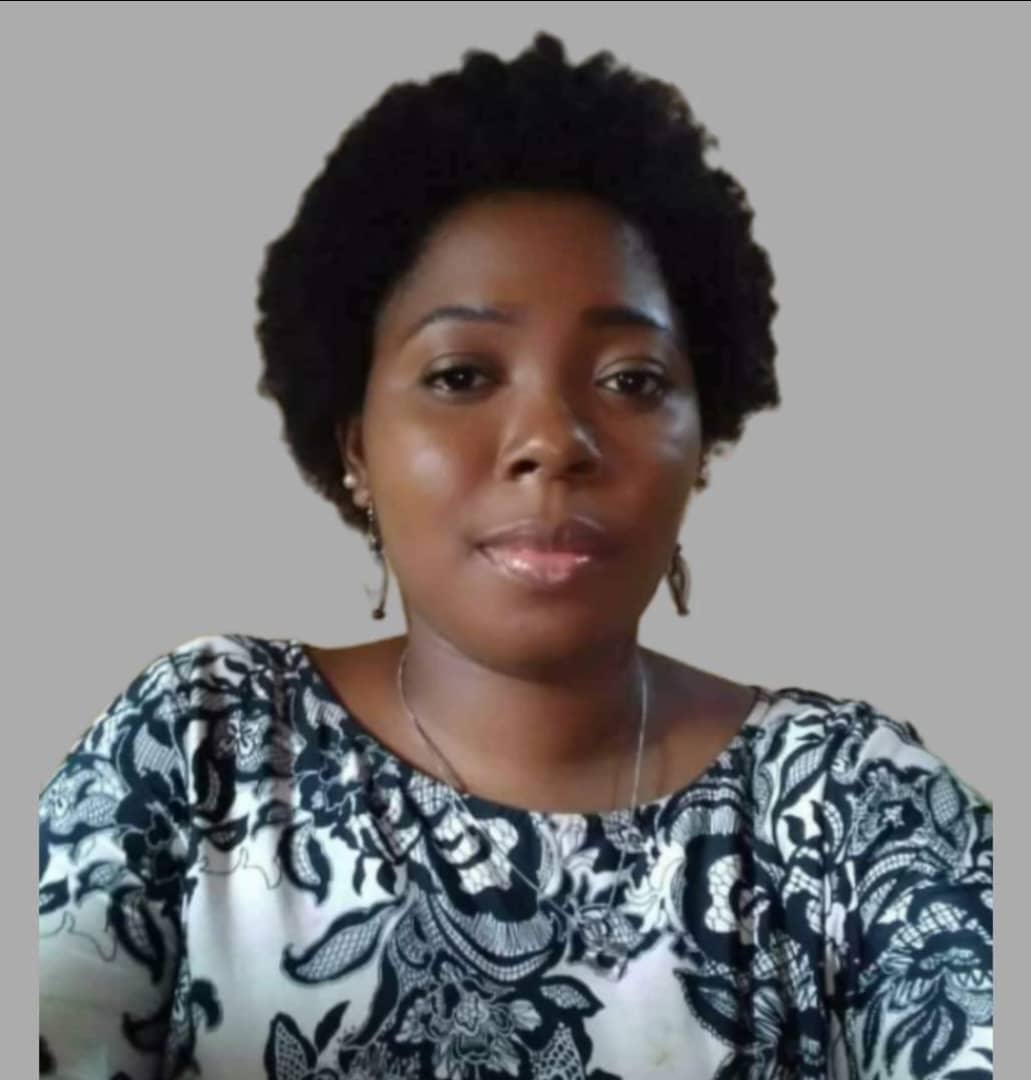By: Elizabeth A. Kaine
In Sierra Leone, the role of journalism is crucial yet often undermined by a pervasive culture of skepticism and hostility. Journalists serve as the watchdogs of democracy, providing essential information on human rights violations and public interest issues. However, when unfavorable stories are published, institutions frequently retaliate by employing other journalists to discredit the original reporting. This dangerous dynamic not only threatens the integrity of the media but also stifles critical discourse essential for a healthy democracy.
The importance of ethical journalism cannot be overstated in this context. Journalists have a responsibility to report accurately and fairly, serving the public’s right to know. When they shine a light on issues such as corruption or human rights abuses, they fulfill their role in promoting accountability. However, the response from institutions often involves attempts to undermine this reporting, creating confusion and mistrust among the public. This backlash can have a chilling effect on the profession, discouraging reporters from tackling sensitive topics for fear of retaliation.
To combat these challenges, journalists in Sierra Leone must prioritize integrity and professionalism. By delivering well-researched, fact-based stories, they can establish themselves as trusted sources of information. This commitment to ethical reporting not only reinforces their credibility but also makes it more difficult for institutions to dismiss their work without substantiation. When journalists are dedicated to quality, they empower themselves and contribute to a more informed society.
Public support plays a pivotal role in this equation. Citizens must recognize that a free and independent press is vital for democracy and that efforts to silence journalists threaten their own rights. When the public stands behind reporters, it sends a powerful message that accountability is paramount. Grassroots movements advocating for press freedom can help create an environment where journalists feel empowered to investigate and report without fear of repercussions.
Moreover, institutions must understand that constructive engagement with the media is essential. Rather than attempting to suppress unfavorable coverage, they should embrace transparency and open dialogue. By addressing issues directly and providing accurate information, institutions can enhance their credibility and foster public trust. This collaborative approach not only benefits the institutions but also strengthens the overall media landscape, allowing for more comprehensive coverage of critical issues.
Journalism in Sierra Leone also faces the added challenge of misinformation and public distrust. Many view journalists as profit-seekers rather than public servants dedicated to uncovering the truth. This perception can be detrimental, as it undermines the essential role that journalism plays in society. It is crucial for journalists to actively work on building trust within their communities by demonstrating their commitment to ethical practices and responsible reporting.
Furthermore, the media industry must promote a culture of professionalism and ethical standards. Journalism schools and training programs should emphasize the significance of integrity and the responsibility that comes with the profession. By fostering a new generation of journalists who value ethical reporting, we can help ensure that the media remains a pillar of democracy in Sierra Leone, capable of holding power accountable and informing the public.
In conclusion, the challenges facing journalism in Sierra Leone are significant, but they are not insurmountable. By committing to ethical reporting, fostering public support, and encouraging constructive engagement from institutions, we can create a media environment where truth prevails. Journalists must embrace their role as defenders of democracy, while the public and institutions must recognize the importance of a free press. Together, we can uphold the integrity of journalism, ensuring it continues to serve as a vital tool for accountability and social change in Sierra Leone.


